A well-functioning shower system is a crucial part of any home. It provides a refreshing start to your day and a relaxing end to your evening.
However, like any other home appliance, shower systems can develop issues over time. These can range from minor annoyances like a dripping faucet to major problems like inconsistent water temperature.
Understanding how to troubleshoot and maintain your shower system can save you time, money, and stress. It can also extend the lifespan of your shower, ensuring it serves you well for years to come.
This guide will provide you with practical tips and step-by-step instructions on how to identify and fix common shower system issues. We'll also discuss preventative measures to keep your shower in top shape.
Whether you're a homeowner, a DIY enthusiast, or someone dealing with a problematic shower, this guide is for you.
Let's dive in and learn how to keep your shower system running smoothly.
Understanding Your Shower System
A shower system is more than just a showerhead. It comprises various components, each playing a vital role. The shower valve, for instance, controls water temperature and pressure, while nozzles ensure efficient water flow.
Knowing the type of shower system you have is equally important. Is it a basic showerhead, a rain shower system, or one of the best shower systems with advanced features? Recognizing these components and their functions will aid in effective troubleshooting and maintenance. Understanding your system is the first step towards maintaining its optimal performance and longevity.
Regular Maintenance: The Key to Longevity
Regular maintenance is crucial for keeping your shower system running smoothly. Routine checks and cleaning can prevent many common issues. Neglecting maintenance can lead to costly repairs and reduced system efficiency.
Here are some essential maintenance tasks to consider:
- Inspect showerheads for mineral deposits and clean them regularly.
- Check seals and O-rings for wear and replace them as needed.
- Monitor water pressure and address any fluctuations promptly.
Scheduling these simple tasks can significantly extend the life of your shower system. Consistent care ensures high performance and avoids unexpected breakdowns.
Common Shower System Issues and Troubleshooting Steps
Encountering issues with your shower system can be frustrating, but most problems have straightforward solutions. Identifying the root cause is often the first step in resolving the issue. Below, we've outlined common issues and their troubleshooting steps.
Low Water Pressure
Low water pressure can make showering less enjoyable. It often results from mineral buildup in the showerhead or nozzles. To fix this, remove the showerhead and soak it in vinegar to dissolve the deposits. Also, check for any kinks in the hose or obstructions in the pipes.
Temperature Fluctuations
If you notice temperature fluctuations while showering, the problem could be a malfunctioning mixing valve. Start by checking the valve for debris or mineral buildup. Cleaning or replacing the valve can help maintain steady temperature control.
Leaks and Drips
Leaks and drips not only waste water but can also indicate worn-out seals or O-rings. Inspect connections for any signs of damage and replace faulty components. Additionally, ensure that all connections are tight and secure to prevent leaks.
Clogged Nozzles and Showerheads
Clogging is a common issue caused by hard water deposits. Remove the showerhead and clean the nozzles with a needle or use a descaling solution. Regular cleaning prevents water flow issues and ensures a refreshing shower experience.
Malfunctioning Valves
Valves that don't work correctly can lead to inconsistent water temperature or flow. To troubleshoot, open the valve assembly and inspect it for debris or wear. Replacing worn parts can restore proper function and enhance the shower system's performance.
Cleaning and Descale Techniques for Showerheads and Faucets

Keeping your showerheads and faucets clean is essential for maintaining good water flow. Mineral deposits can cause clogs and reduce efficiency over time. Regular cleaning prevents these issues and helps prolong the life of your shower system.
To clean and descale effectively, follow these steps:
- Soak removable partsin a mixture of vinegar and water for a few hours to dissolve mineral buildup.
- Use a toothbrushto scrub away stubborn deposits on showerheads and faucets.
- Rinse thoroughlywith warm water to ensure no vinegar residue remains and reattach the parts carefully.
For optimal results, schedule regular cleaning to prevent significant buildup and ensure a seamless shower experience.
Replacing Seals and O-Rings
Seals and O-rings are crucial to a leak-free shower system. Over time, wear and tear cause these components to deteriorate. Replacing them promptly can prevent leaks and maintain your shower's functionality.
Begin by turning off the water supply to prevent accidents. Carefully remove the worn seals and O-rings with pliers or a flathead screwdriver. When installing new ones, ensure they fit snugly to avoid future leaks. Regular inspections help in catching issues early, promoting a smoothly operating shower system.
Mold, Mildew, and Moisture Control
Controlling mold and mildew is key to a clean shower system. Ventilation plays a major role in preventing moisture buildup. Ensure your bathroom fan is efficient and run it during showers.
Regularly clean shower surfaces with mold-inhibiting cleaners to keep mildew at bay. Consider using a squeegee after showers to remove excess water. This practice reduces moisture, helping prevent the growth of mold. Addressing mold quickly is essential to maintaining a healthy shower environment.
Advanced Maintenance: When to Call a Professional
While DIY solutions are great for many issues, some problems require professional expertise. Call an expert if your shower system has complex problems, such as severe leaks or persistent pressure loss.
Advanced systems, like digital or smart showers, may also need professional handling. Attempting these repairs on your own can lead to further damage. Investing in professional help ensures safe and effective fixes, protecting your shower system's longevity.
Water Conservation and Efficiency Tips
Making your shower system more efficient can lead to significant water savings. Simple adjustments can lower utility bills while benefiting the environment.
Here are a few tips to enhance efficiency:
- Install water-saving showerheads.
- Limit shower time to reduce water usage.
- Check and fix leaks promptly.
- Adjust water pressure to a moderate level.
These small changes can greatly improve water efficiency. They also help ensure your shower system operates smoothly and effectively.
Ensuring a Healthy Shower System
A healthy shower system will not only increase life but also make it work at an optimal pace. Most of the problems can be avoided just by checking the system and then by regular cleaning.
You will, therefore, be saving your money by solving the problems when still at an early stage from expensive repairs or replacement. Whatever you have, whether the best shower system or a simple installation, all require routine maintenance. These methods will ensure in maintaining showers, leading to a clean, efficient, and consistent shower. Keep a smooth running shower with these easy tips.

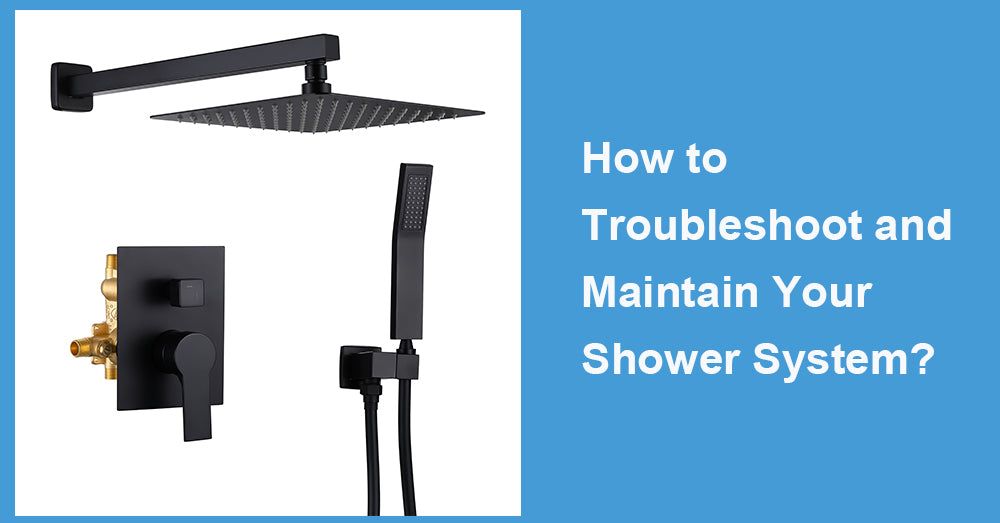


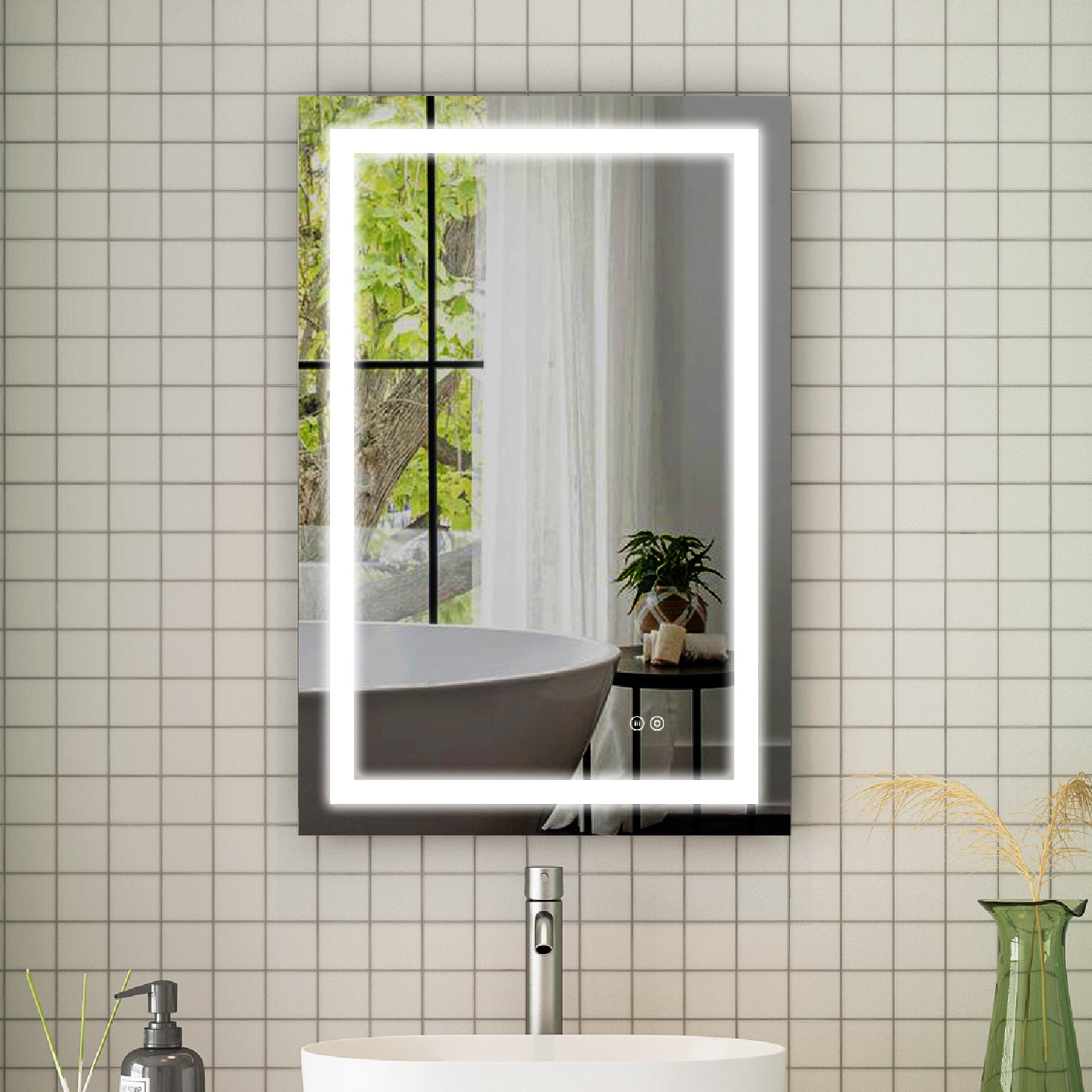
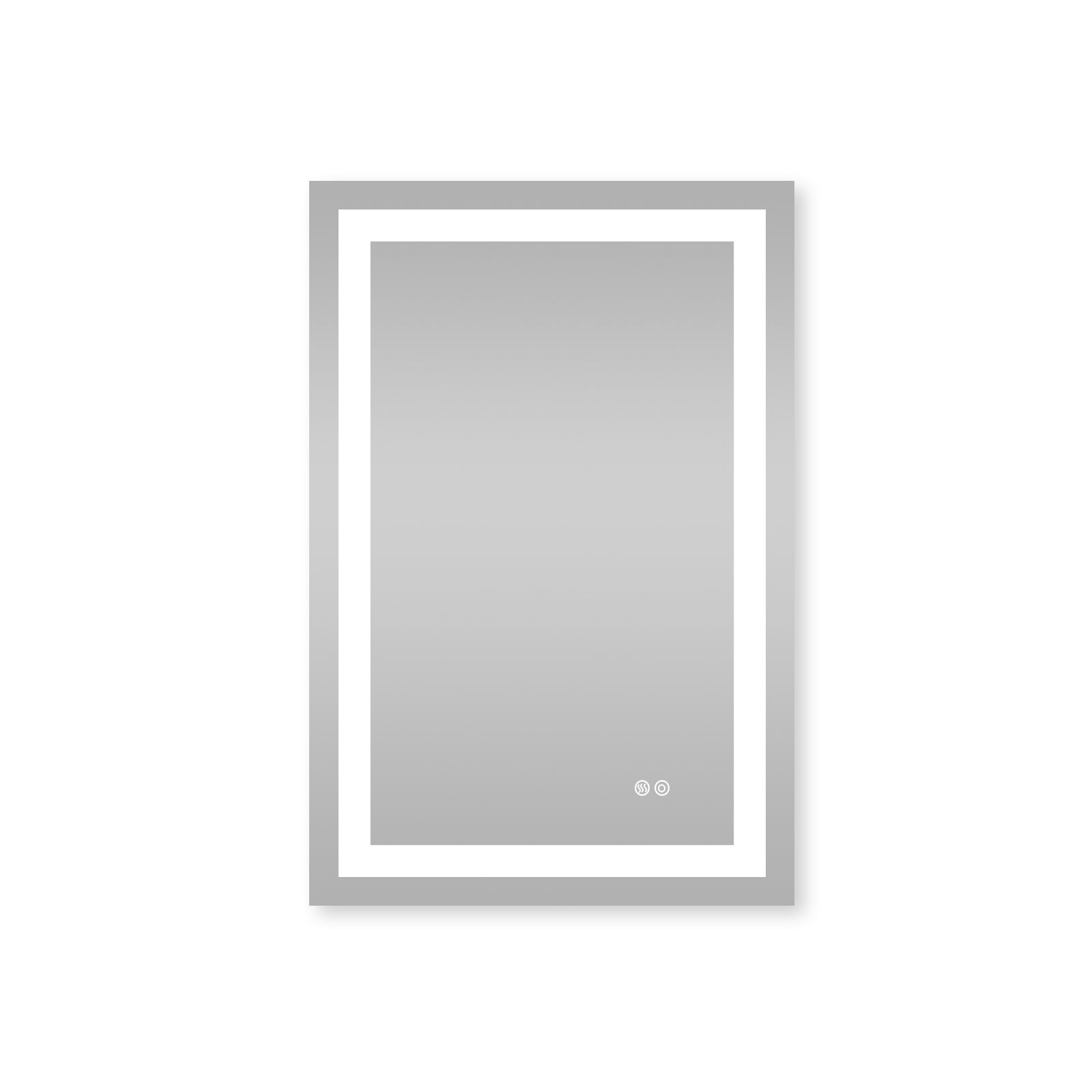
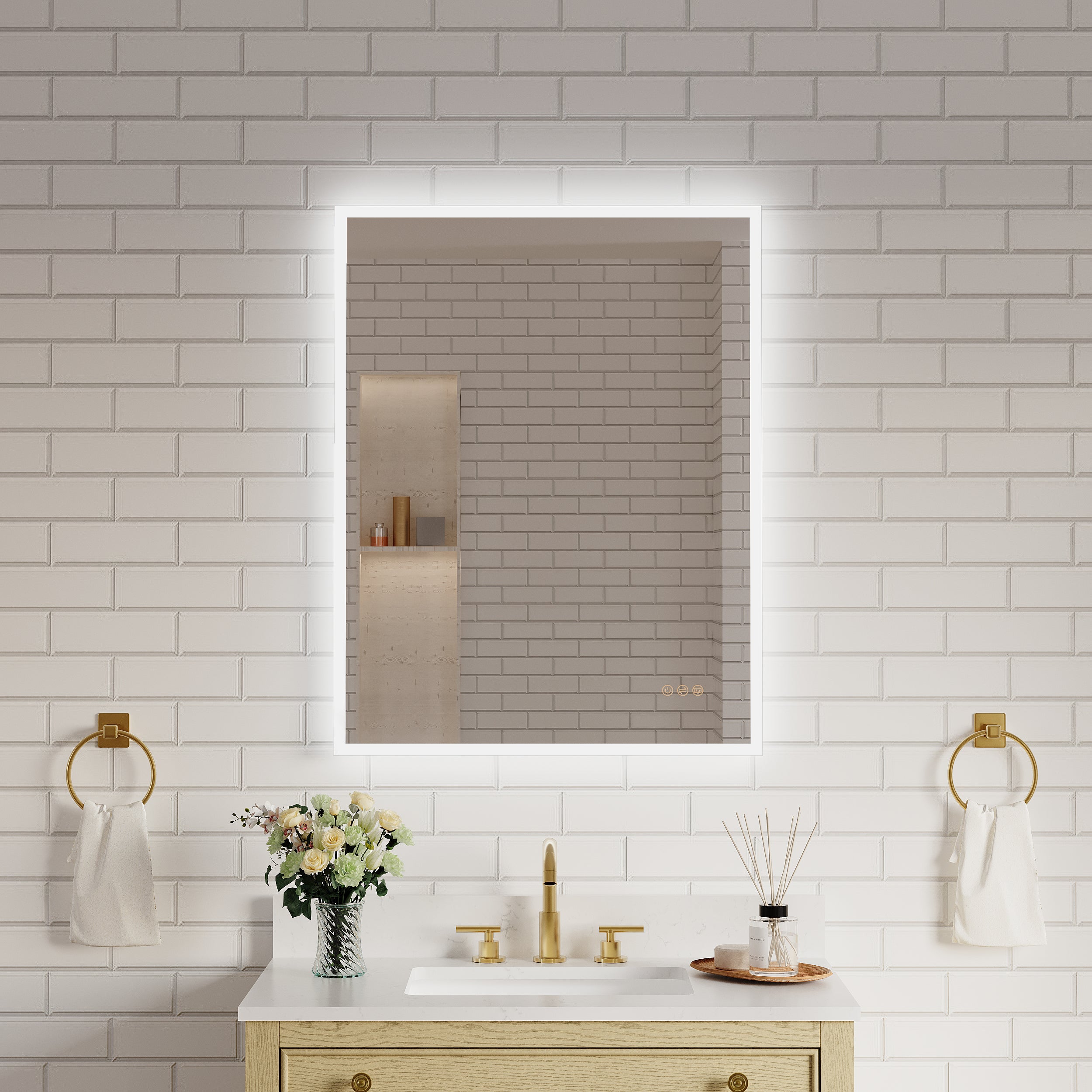

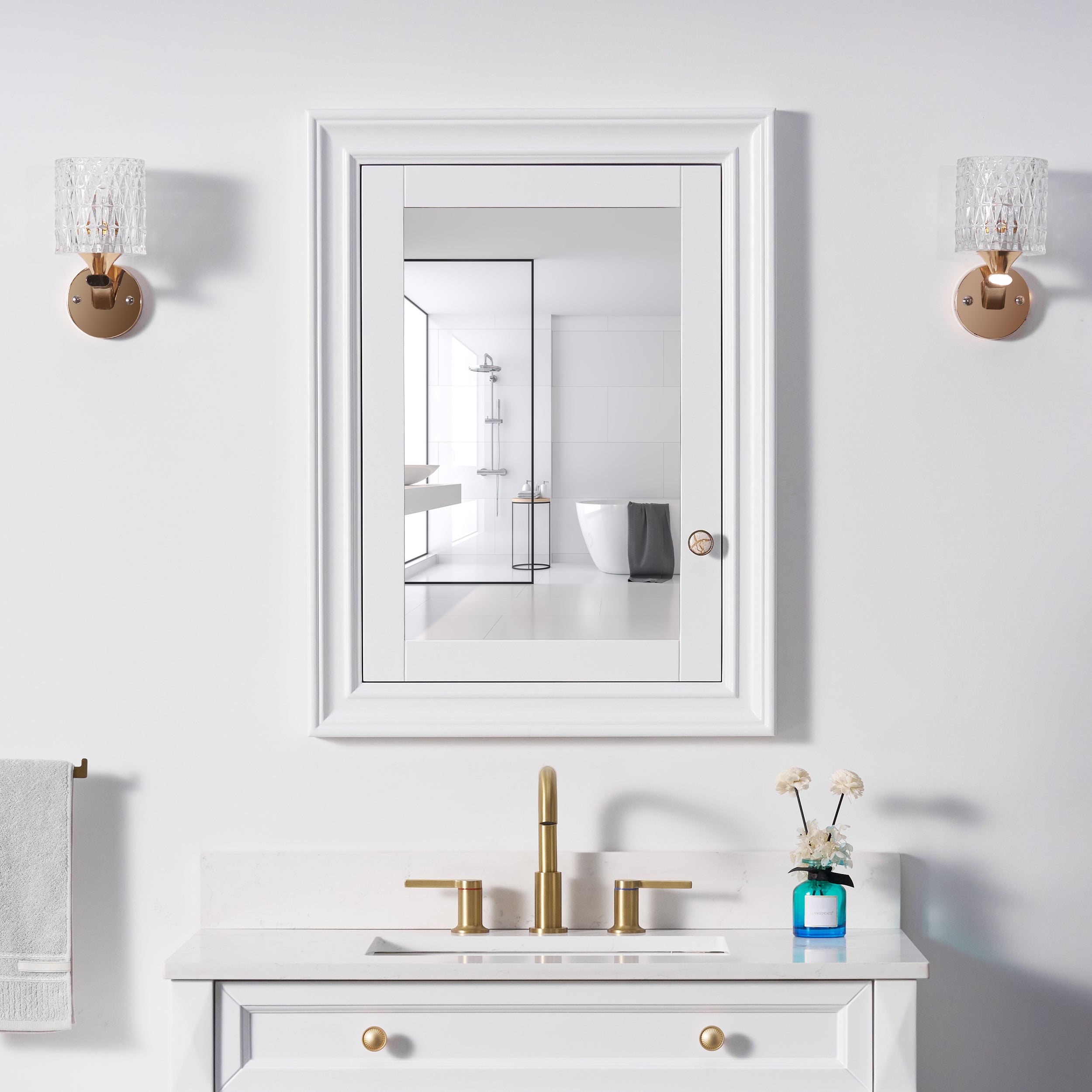
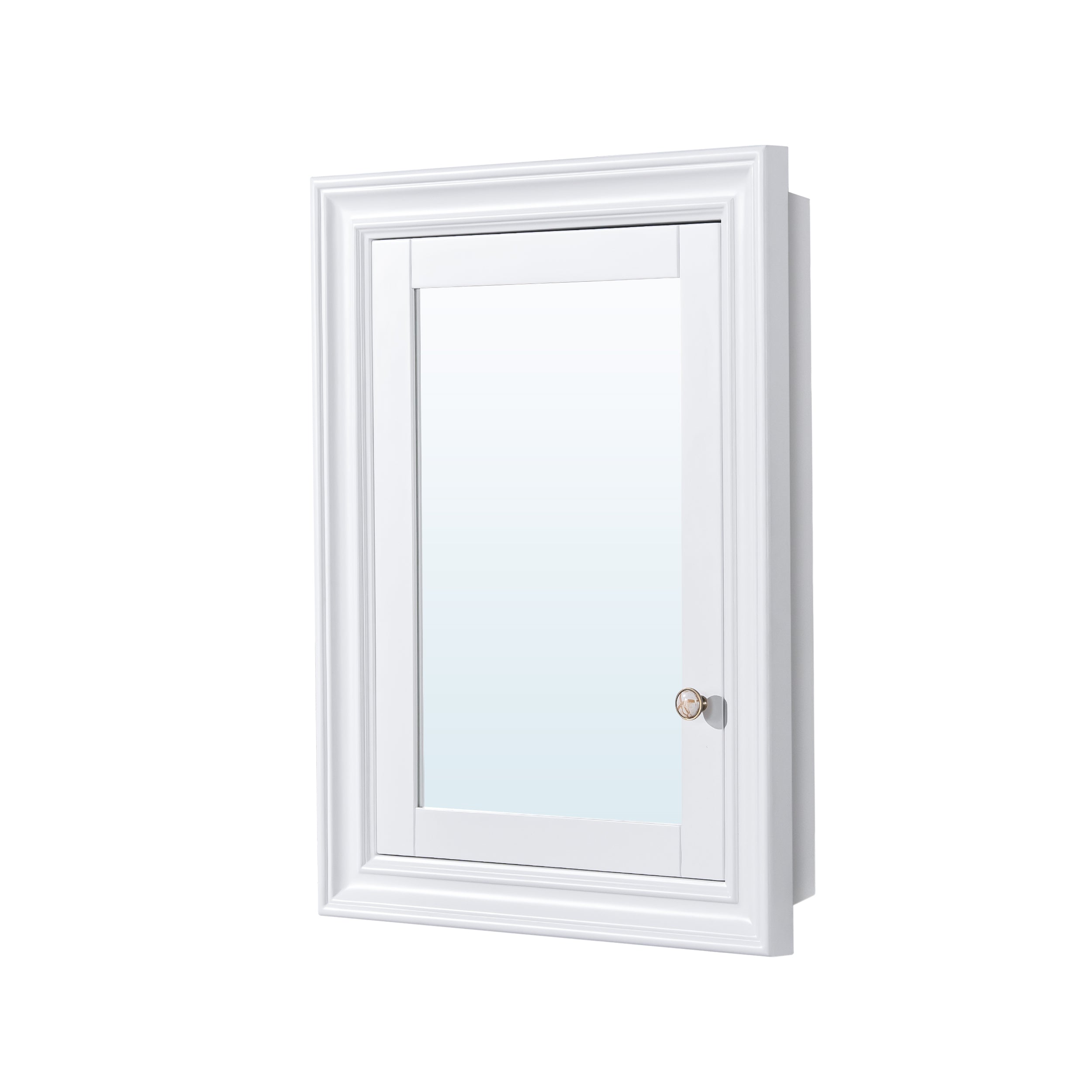
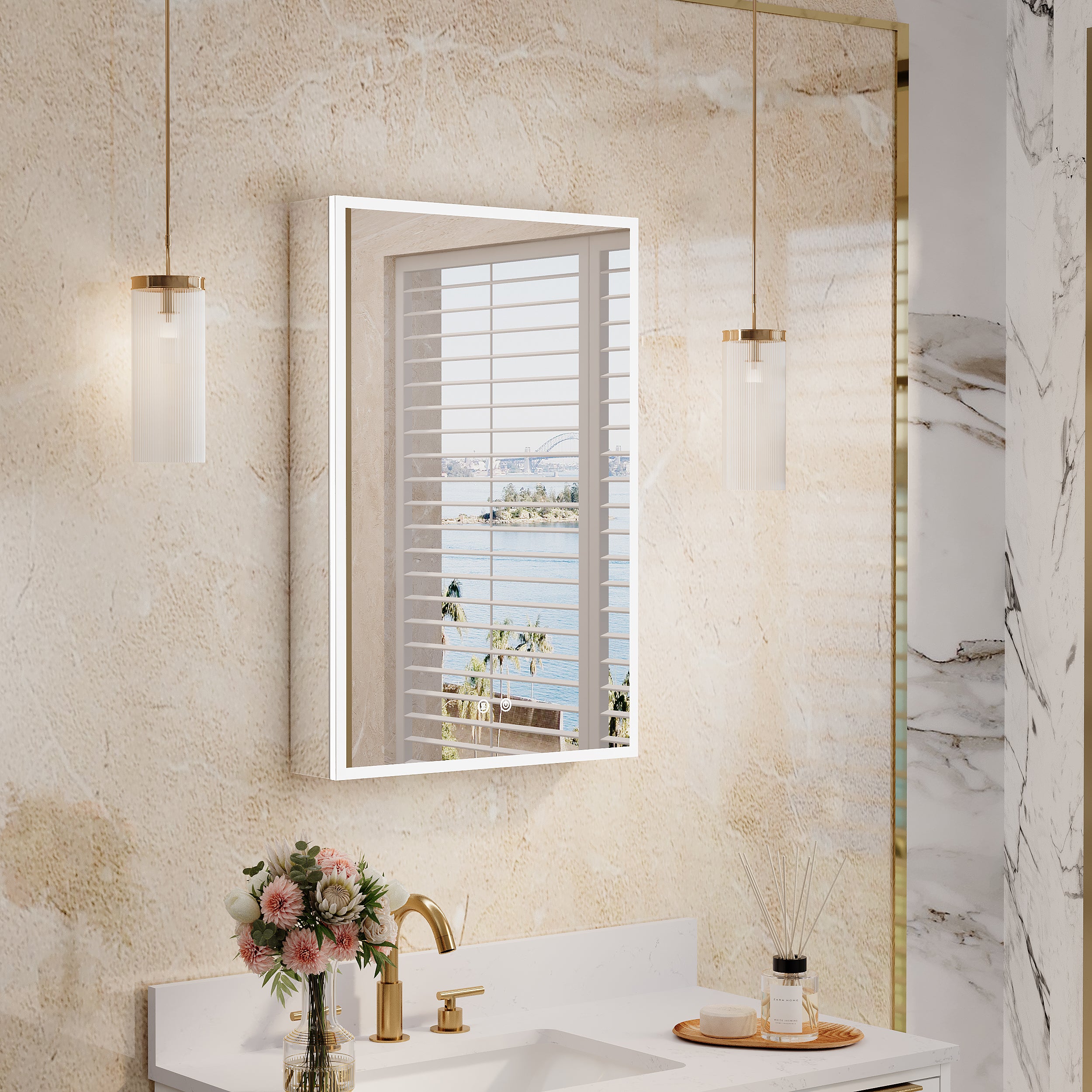
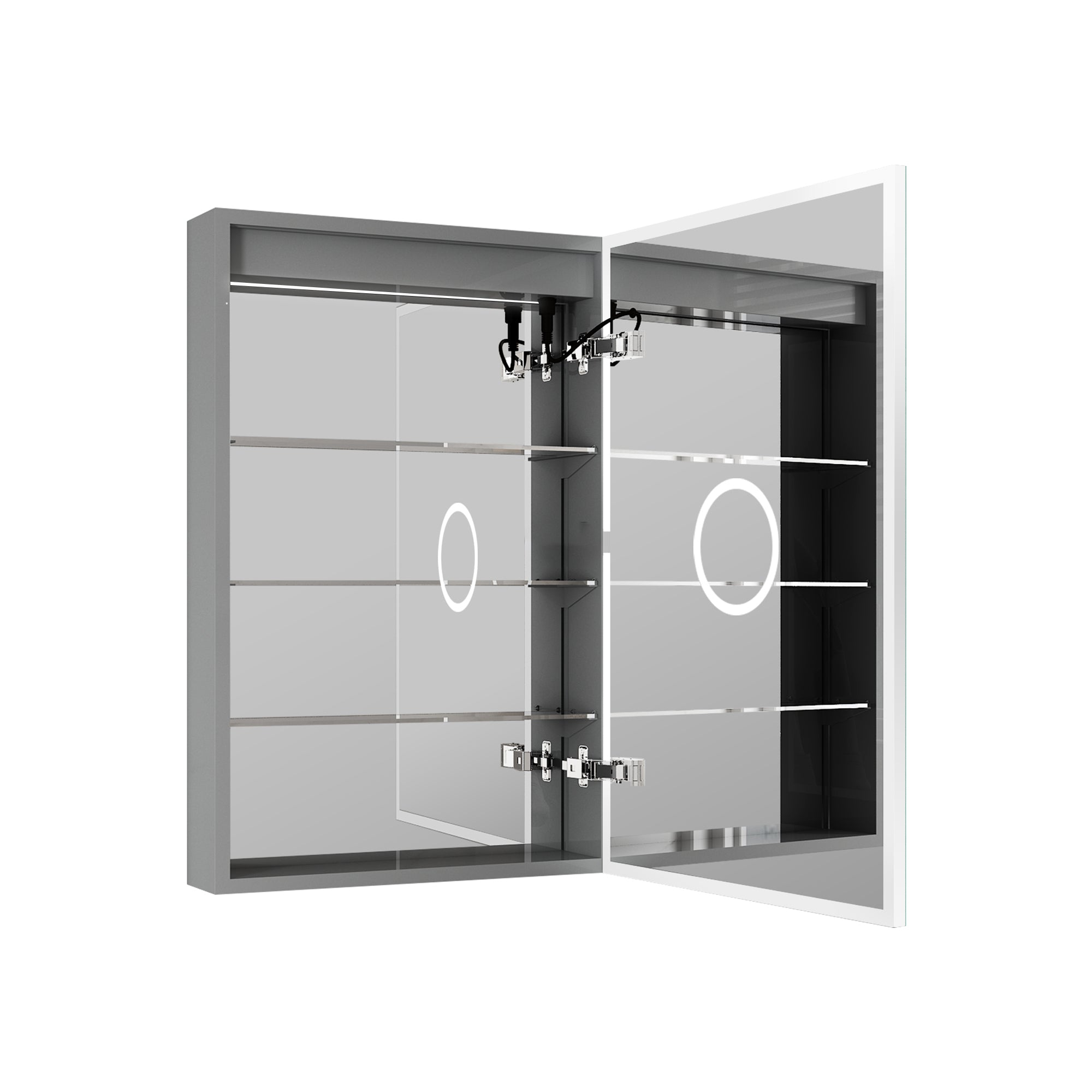
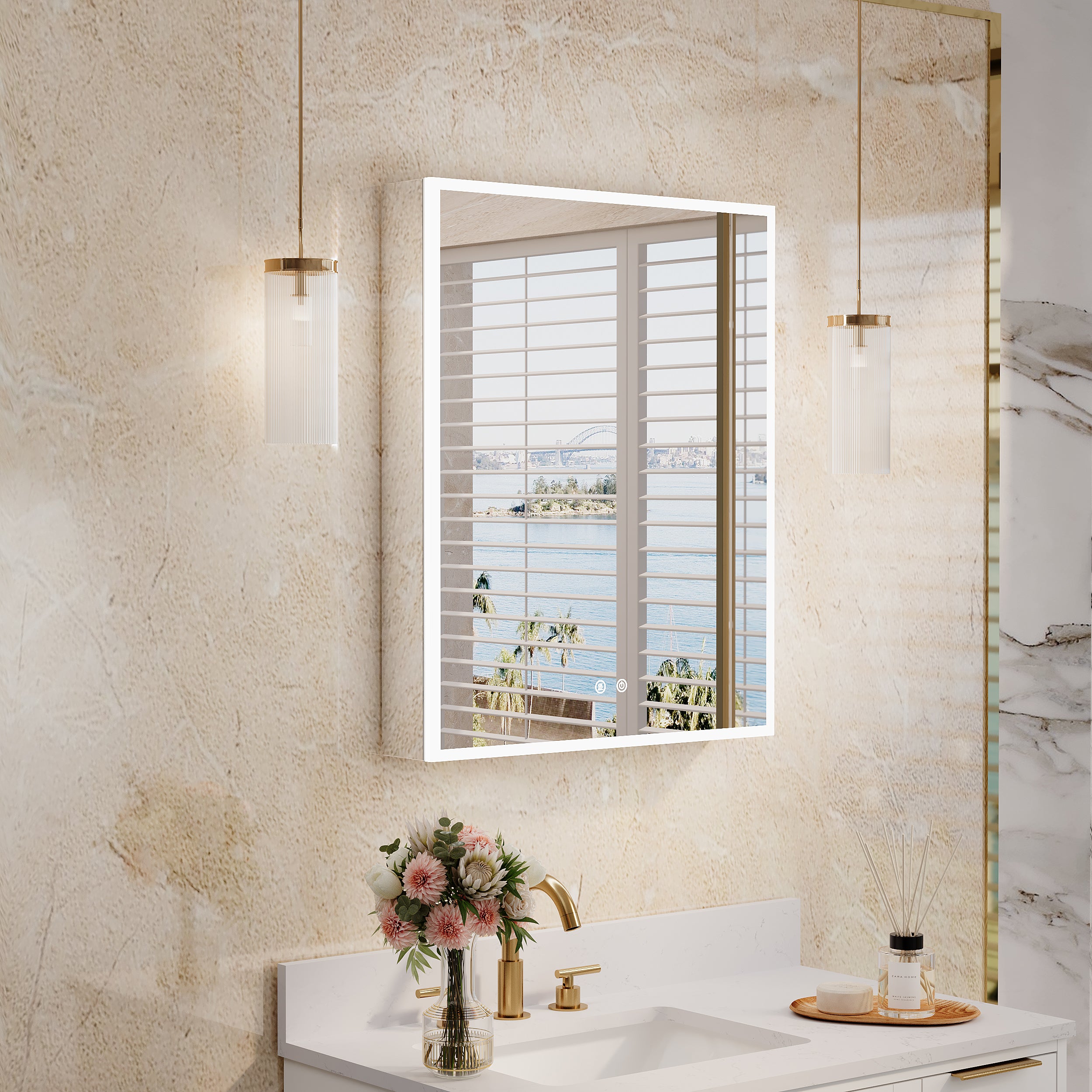
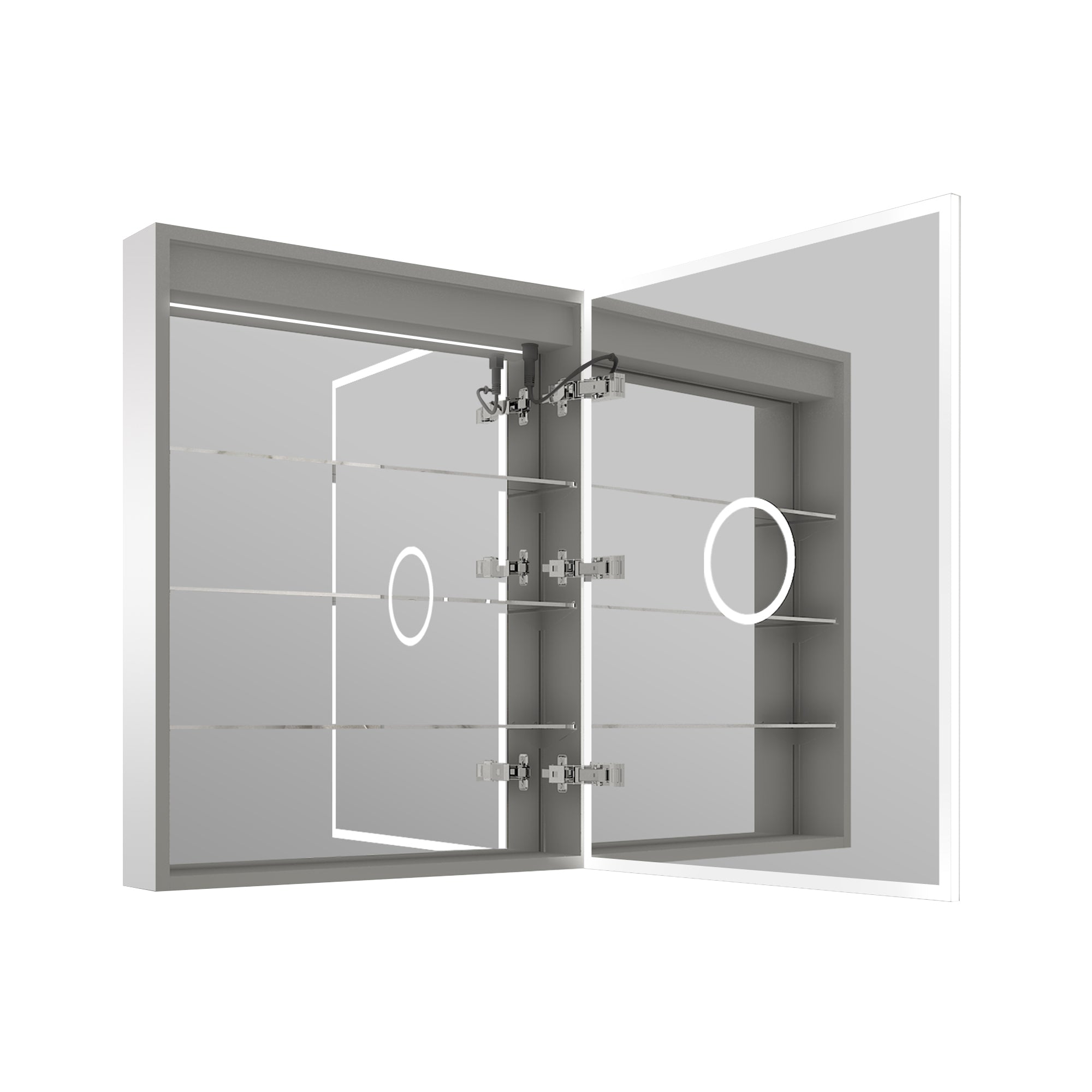


Leave a comment
This site is protected by hCaptcha and the hCaptcha Privacy Policy and Terms of Service apply.